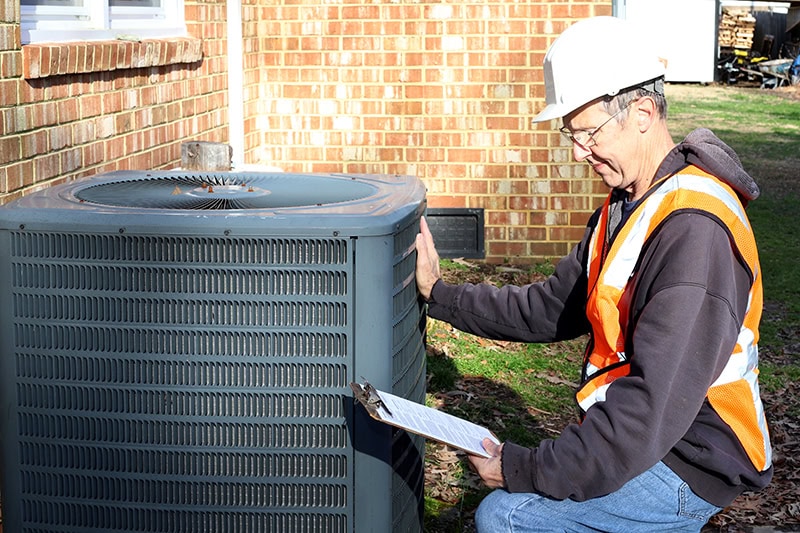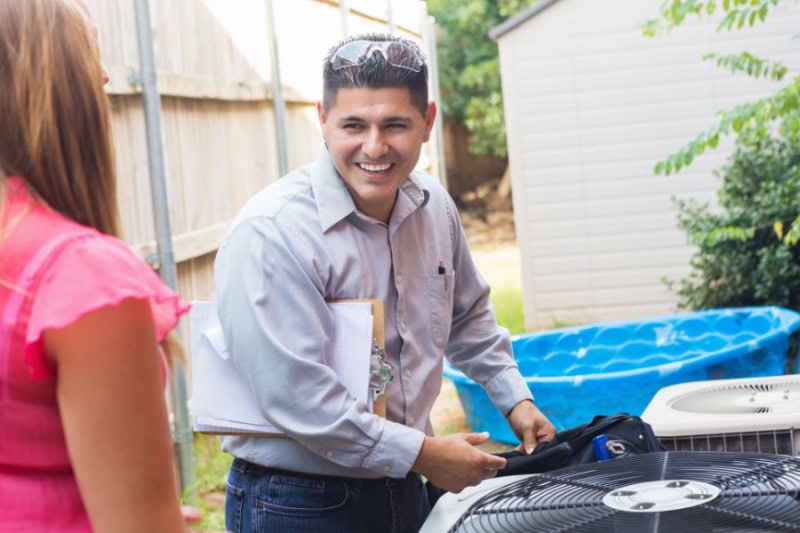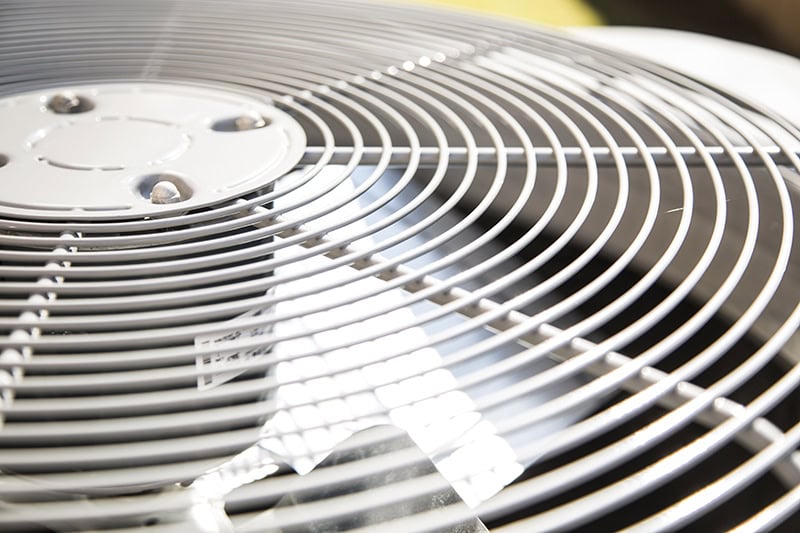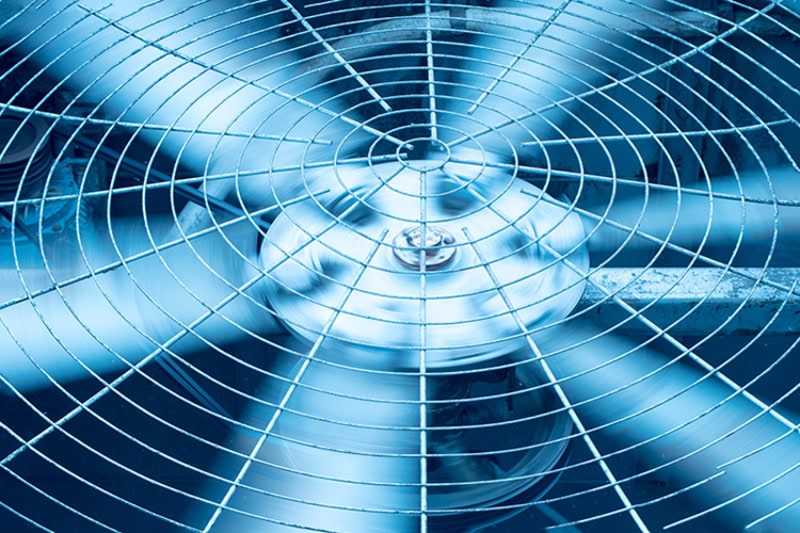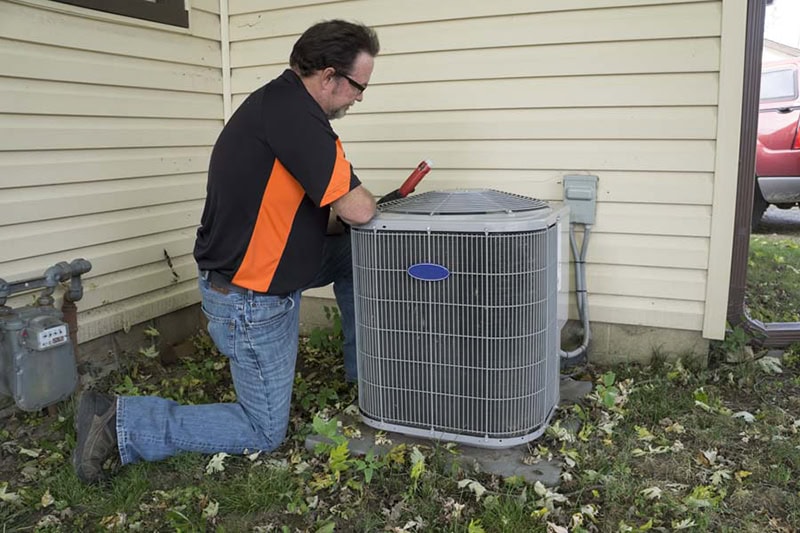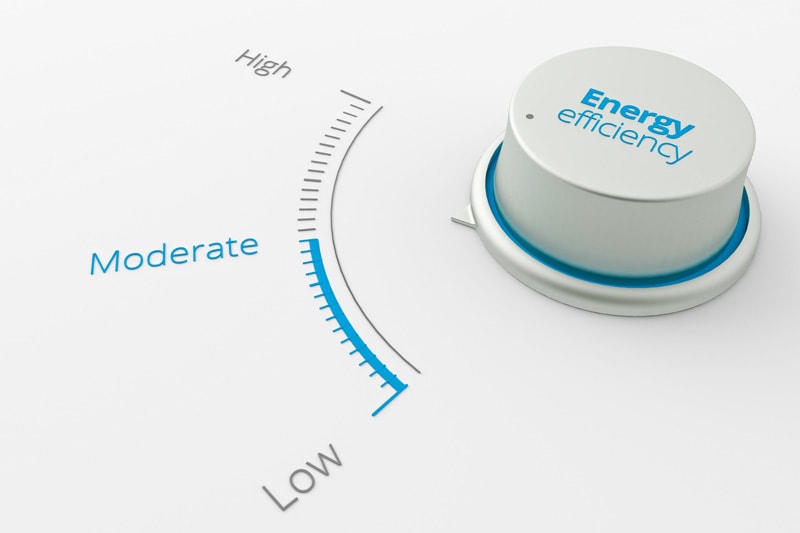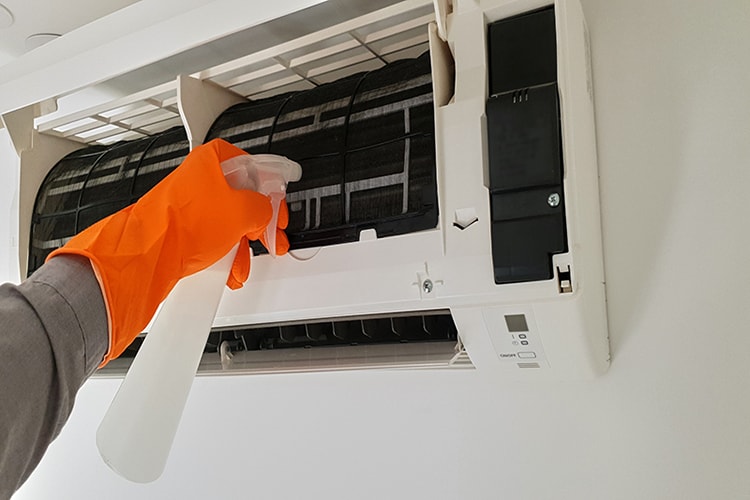Air Conditioning Articles
According to the U.S. DOE, a simple task such as changing the air filter on your HVAC system can improve efficiency by up to 15 percent.
Continue ReadingSometimes, life moves incredibly fast. You could have sworn you just bought your air conditioner. But lately, it doesn’t seem to be working so well.
Continue ReadingToday’s air conditioner (AC) is based on a prototype invented in 1902 by Willis Carrier, an engineer from Buffalo, New York. Unlike earlier forms of cooling, Carrier’s model controlled the temperature by removing heat and humidity from the air. Below are some air conditioning basics.
Continue ReadingIt’s summertime in Texas. The team at D & D Climate Control hopes you find time to relax with friends and family and enjoy the beautiful sunny days.
Continue ReadingWhen you change out a dirty filter for a clean one, your heating, ventilation, and air conditioning (HVAC) equipment use up to 15 percent less energy monthly, according to the U.S. Department of Energy (DOE). Plus, it’s able to properly catch dust and debris, boosting your indoor air quality (IAQ).
Continue ReadingWhen your air conditioner (AC) is running at peak efficiency, you win.
Not only will your electric bills in Texas be cheaper––your AC system will last longer. Plus, your equipment will be operating at its best, so you will experience maximum comfort.
Continue ReadingShould you repair or replace? That’s always the big question when it comes to major home systems like air conditioning (AC).
Continue ReadingThough air conditioners are a major part of modern life, they hold many secrets few people know about.
Continue ReadingSEER stands for Seasonal Energy Efficiency Ratio. This universal rating system helps you determine the efficiency of your Texas air conditioning (AC) unit or heat pump.
Continue ReadingD & D Climate Control can guide you on ridding your home of AC mold and help maintain your HVAC system to prevent the mold from recurring.
Continue Reading
